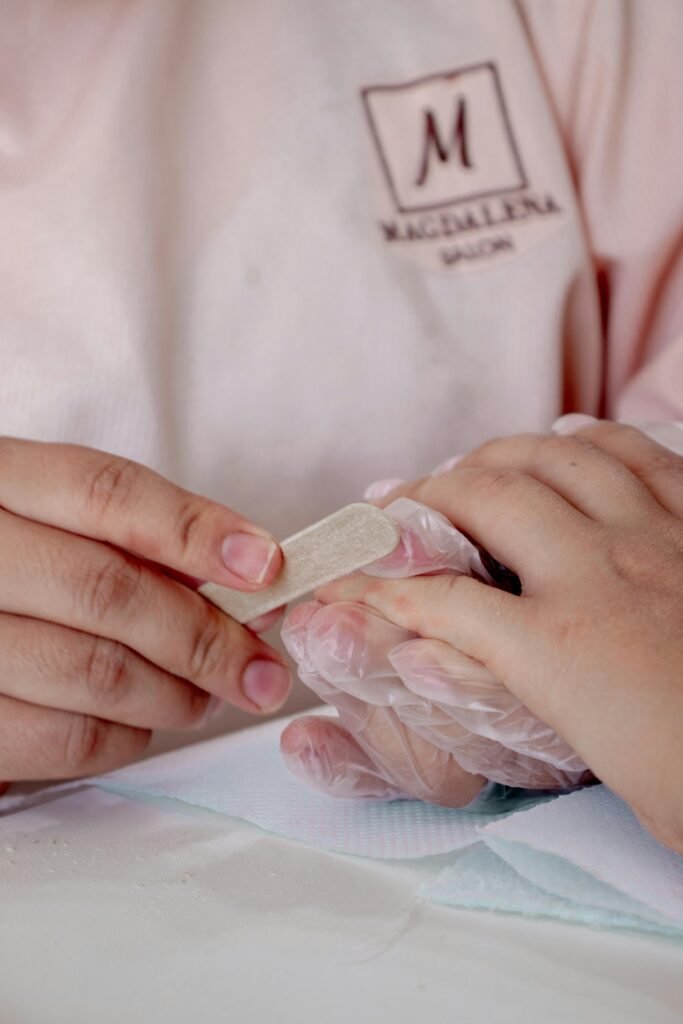
10 Expert-Approved Methods for Managing Kids at Home
Table of Contents
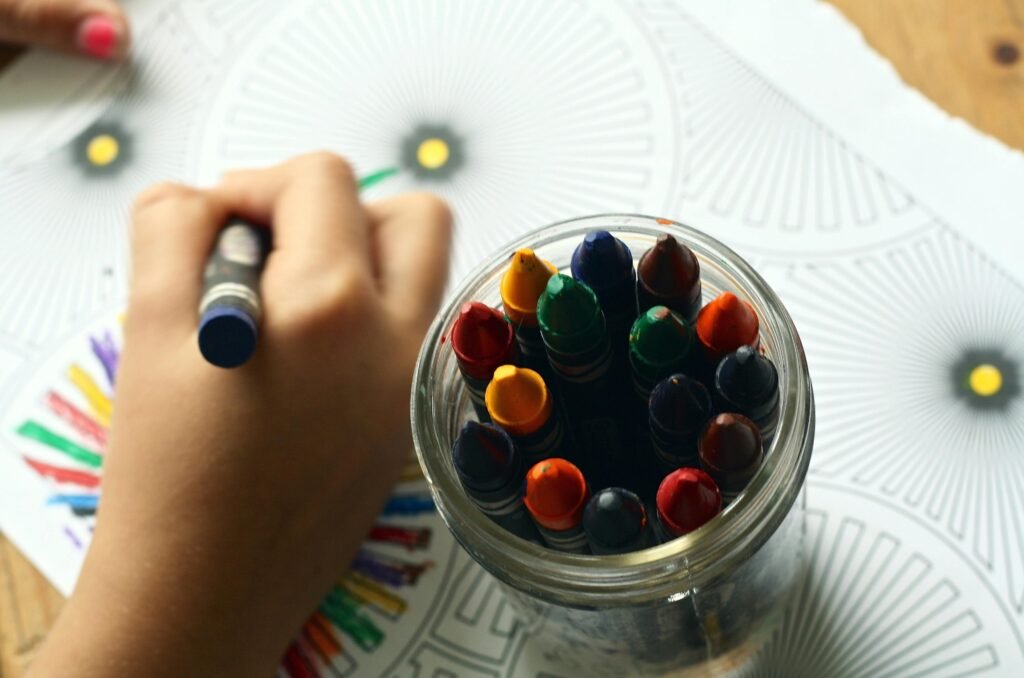
1. Establish a Routine
One of the most important strategies for managing kids at home is establishing a routine. Children thrive on consistency and predictability. A well-structured daily schedule helps them know what to expect and when to expect it, which can reduce anxiety and behavioral issues. Start by setting regular times for waking up, meals, study, play, and bedtime. A visual schedule can be particularly helpful for younger children who might not yet grasp the concept of time. According to Dr. Laura Markham, a clinical psychologist and parenting expert, “Routines help children feel secure and understand what is expected of them.”
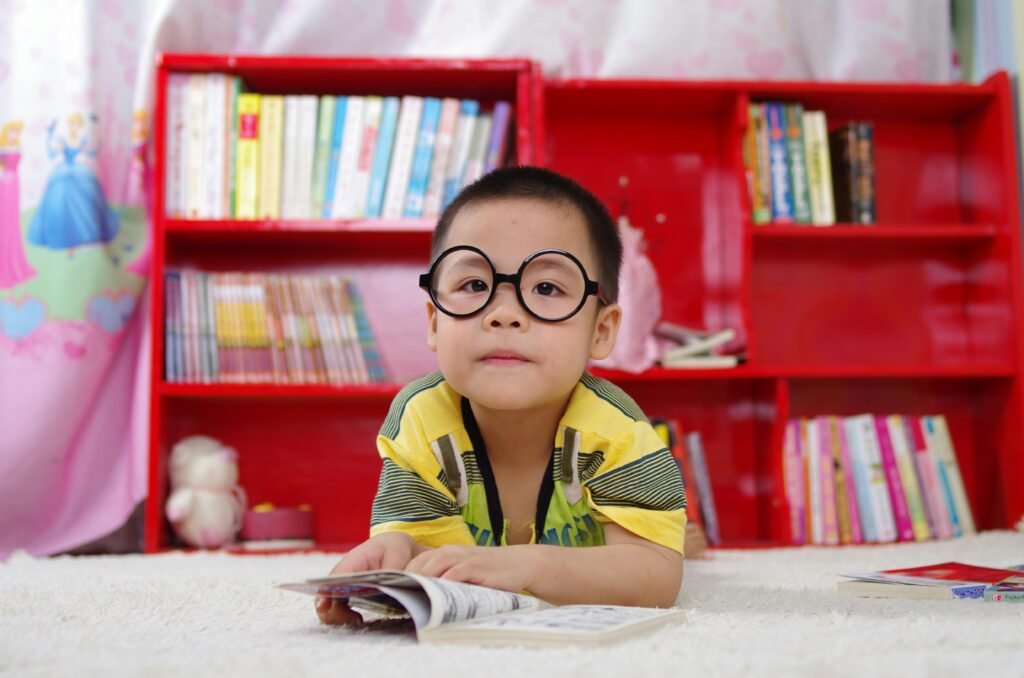
2. Create a Dedicated Learning Space
With the increasing prevalence of remote learning, having a dedicated space for study is crucial. This space should be quiet, free from distractions, and equipped with all necessary supplies like books, pens, and a computer. According to education specialist Dr. Michele Borba, a well-organized and dedicated learning space helps children focus better and promotes effective learning habits. It signals to the child that it’s time to concentrate and work, which can improve their academic performance.
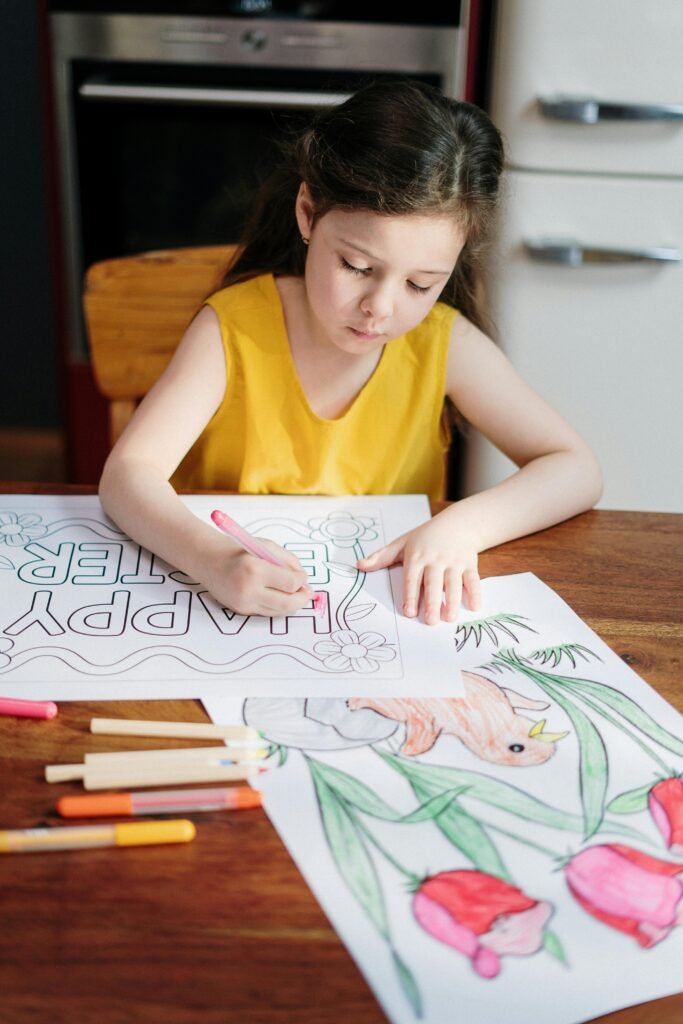
3. Encourage Independent Play
Encouraging independent play is essential for your child’s development and gives parents some much-needed time to themselves. Independent play fosters creativity, problem-solving skills, and self-reliance. Dr. Peter Gray, a research professor at Boston College, emphasizes the importance of unstructured play for children’s mental and emotional development. Provide a variety of age-appropriate toys and materials that encourage exploration and imagination. Set clear boundaries for where and when independent play is appropriate, and gradually increase the time they spend playing on their own.
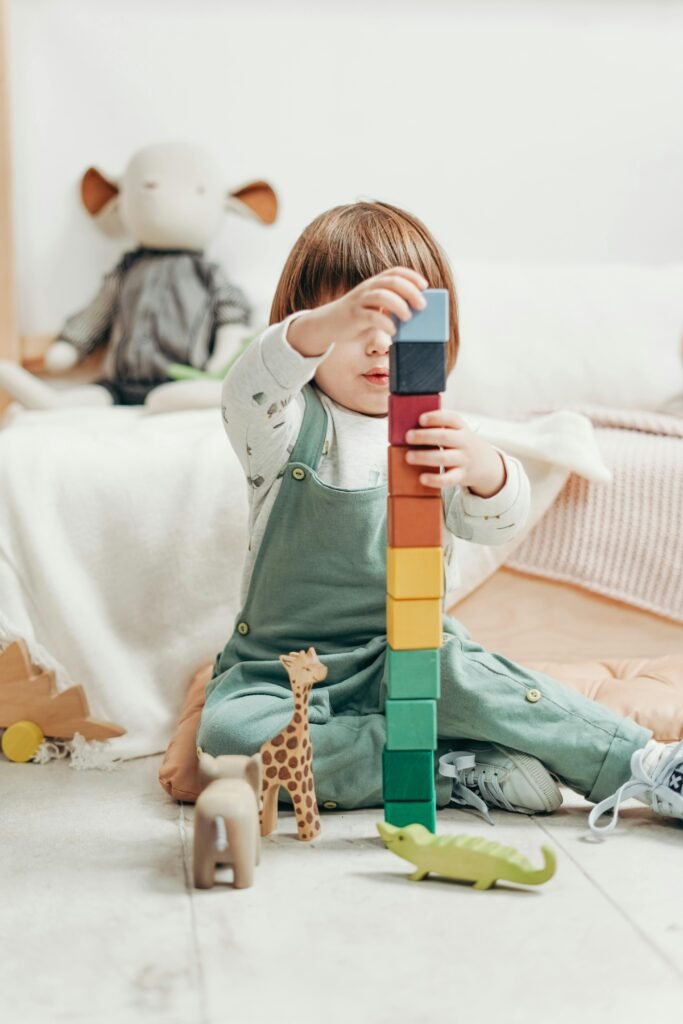
4. Implement Positive Discipline
Discipline is necessary for teaching children about boundaries and acceptable behavior, but it should be approached positively. Dr. Jane Nelsen, the founder of Positive Discipline, advocates for methods that focus on mutual respect and encouragement. Instead of punishment, use natural and logical consequences to teach lessons. For example, if a child refuses to wear a coat, they might feel cold (a natural consequence) and learn the importance of dressing appropriately. Positive discipline involves clear communication, setting expectations, and following through consistently.
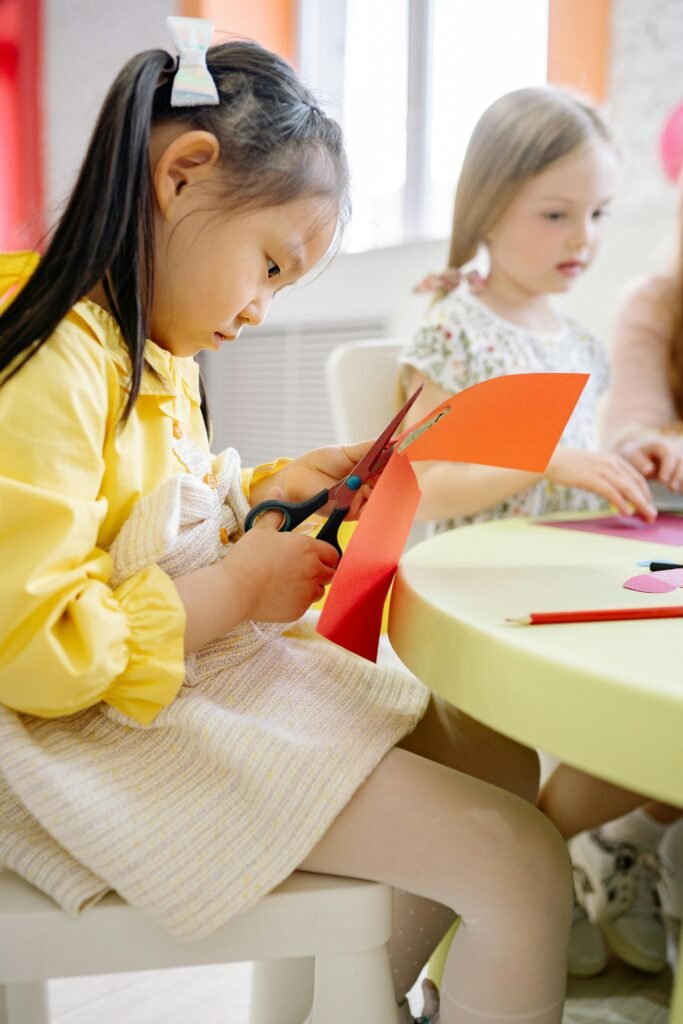
5. Prioritize Physical Activity
Physical activity is crucial for children’s physical health, mental well-being, and overall development. According to the American Academy of Pediatrics, children should have at least an hour of physical activity each day. This can include outdoor play, sports, dance, or simple exercises like jumping jacks and stretching. Incorporating physical activity into your daily routine not only helps burn off excess energy but also improves focus and mood. Make it a family affair by going for walks, bike rides, or playing games together.

6. Foster Emotional Intelligence
Emotional intelligence (EI) is the ability to recognize, understand, and manage emotions. Dr. Daniel Goleman, a leading expert on EI, suggests that teaching children emotional skills is crucial for their success in life. Encourage your children to express their feelings and validate their emotions. Use role-playing and storytelling to teach empathy, and help them develop coping strategies for dealing with stress and frustration. Acknowledge their emotions without judgment and provide a supportive environment where they feel safe to share.
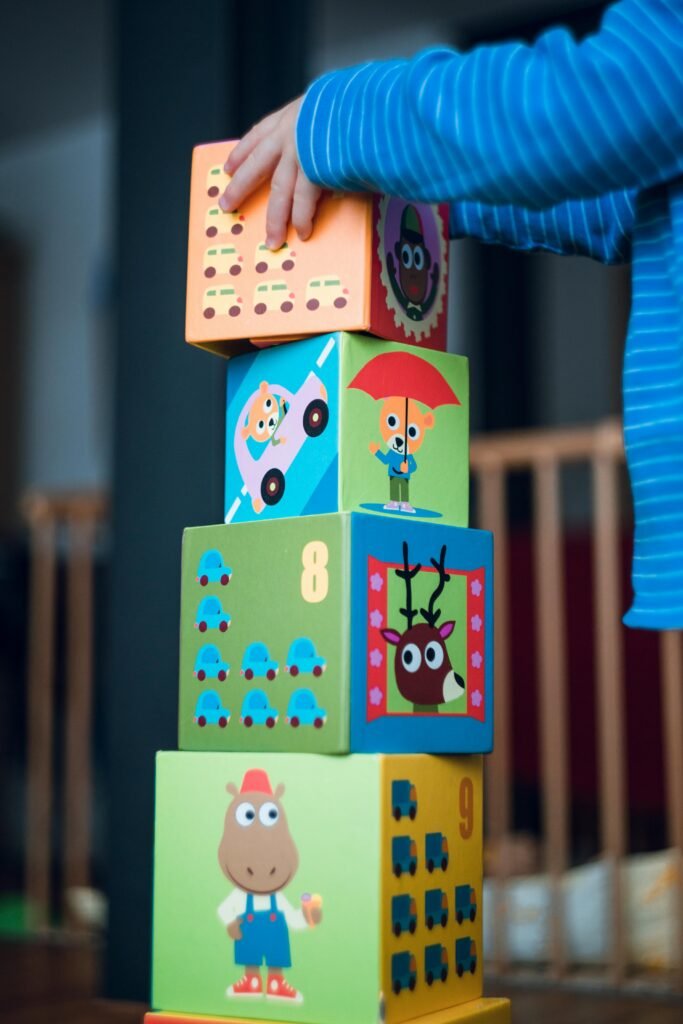
7. Limit Screen Time
While screens can be educational and entertaining, excessive screen time can negatively impact children’s development and well-being. The American Academy of Pediatrics recommends no more than one hour of screen time per day for children aged 2 to 5 and consistent limits for older children. Encourage alternative activities like reading, crafts, outdoor play, and family games. When screen time is necessary, choose high-quality educational programs and watch them together to discuss the content.
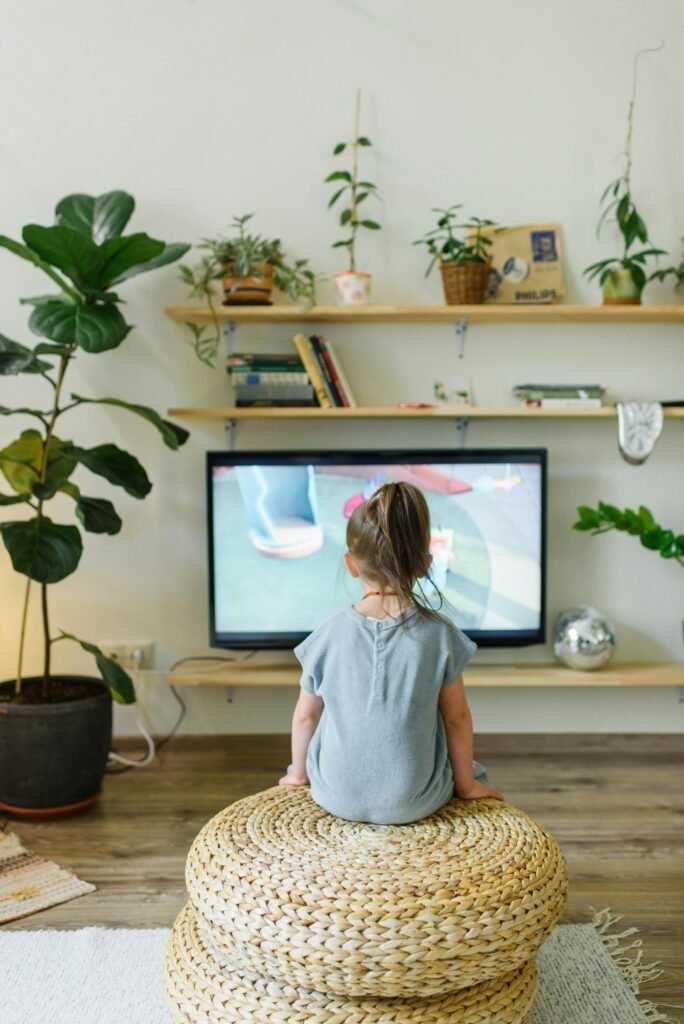
8. Involve Kids in Household Chores
Involving children in household chores teaches responsibility, teamwork, and practical life skills. According to developmental psychologist Dr. Richard Rende, children who participate in household tasks from an early age are more likely to develop a sense of responsibility and competence. Assign age-appropriate chores such as setting the table, sorting laundry, or watering plants. Make it fun by turning chores into games or competitions. Reward their efforts with praise and occasional incentives.

9. Promote Healthy Eating Habits
Nutrition plays a vital role in children’s growth, behavior, and learning. Pediatric nutritionist Dr. William Sears advises parents to offer a balanced diet rich in fruits, vegetables, whole grains, and lean proteins. Encourage healthy eating habits by involving kids in meal planning and preparation. Teach them about different food groups and the importance of a varied diet. Create a positive mealtime atmosphere by eating together as a family and modeling good eating habits.

10. Nurture Creativity and Curiosity
Children are naturally curious and creative, and nurturing these traits can lead to lifelong learning and innovation. Educational psychologist Dr. Ken Robinson emphasizes the importance of fostering creativity in children. Provide opportunities for open-ended play, arts and crafts, and exploration. Encourage them to ask questions, think critically, and seek out new experiences. Support their interests and hobbies, whether it’s building with blocks, drawing, playing a musical instrument, or conducting simple science experiments.

Managing kids at home requires a blend of structure, flexibility, and understanding. By implementing these expert-approved methods, parents can create an environment that promotes their children’s physical, emotional, and intellectual growth. Establishing routines, encouraging independent play, practicing positive discipline, and fostering creativity are just a few strategies that can make a significant difference. Remember that every child is unique, and finding the right balance may take time and patience. With consistency, love, and support, you can help your children thrive and enjoy the journey of parenting.



“इमली के बीजों को फेंकने की भूल मत करें: 14,000 Crore के Market में छिपा है सोना”

कहीं आप भी तो नही कर रहे Badi Ilyachi और Chhoti Ilyachi का गलत उपयोग,जाने आयुर्वेद के अनुसार

भारतीय पंचांग और आयुर्वेद के अनुसार किस मौसम में क्या खाएं और क्या नहीं 2024?



अगर “Momos” खाकर आपको भी हो रही है उल्टिया ,तो कहीं आपको ये जानलेवा बिमारी तो नहीं?

10 Foods जो आपके लिए जानलेवा हो सकते हैं: अभी बंद करें इनका सेवन












